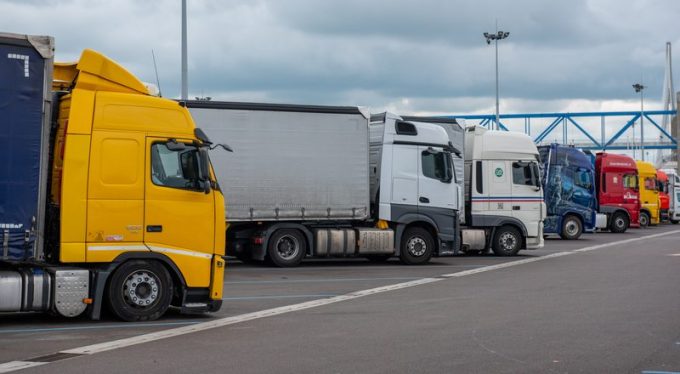Gloomy picture for US trucking as driver shortage and other hurdles increase
Thanks to higher rates, US trucking firms have posted revenue gains – but the going ...

Recent driver pay spikes must be consolidated and become common practice for the UK to stem the loss of haulage capacity, but a cultural reset is essential for the industry to rebuild.
Actions by government and large haulage firms over the past decade have tarnished the ...

Comment on this article